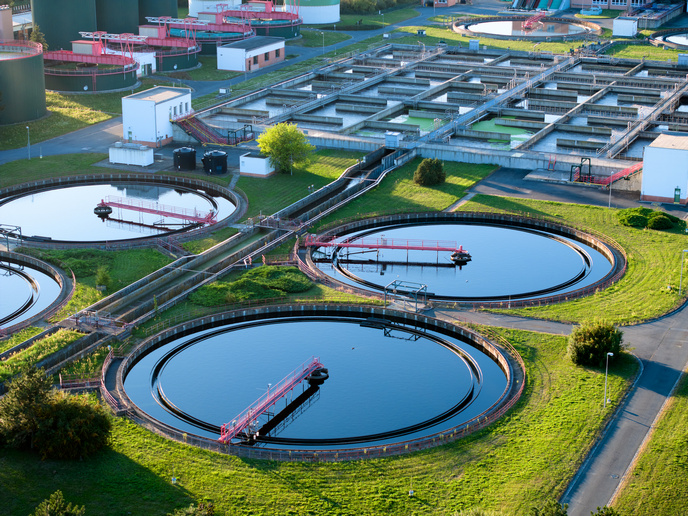Smart wastewater recovery for a greener food industry
Water is essential for the production of food and beverages, a sector that ranks among the most water- and energy-intensive globally. With climate change, rising water costs, and increasing pressure to reduce industrial pollution, there is growing demand for smarter ways to manage this precious resource.
Turning wastewater into a valuable resource
The EU-funded AccelWater(opens in new window) project aimed to optimise water management in the food and beverage industry by reducing freshwater consumption, minimising wastewater discharge, and promoting the recovery of valuable by-products. “Our ambition was to demonstrate that wastewater in the food and beverage industries is a valuable resource that, when treated properly, can support circular water use and sustainability goals,” says project coordinator Zisis Tsiropoulos. AccelWater deployed circular water systems in Greece, Spain, Italy and Iceland across demonstration sites of dairy, brewing, tomato, meat processing, and fish farming industries. At each demo site, the project adapted a tailored strategy and implemented treatment technologies such as ultrafiltration, membrane bioreactors, electrodialysis and ultraviolet disinfection. With the power of IoT and AI tools, the consortium developed monitoring and control technologies to support the implementation of integrated circular water systems. This allowed them to reuse treated water more efficiently and reduce their environmental footprint.
Innovative solutions for water reuse
A key objective of AccelWater was to recover energy and valuable materials from waste streams. In Greece, over half of the treated wastewater was reused in cooling towers and for irrigating adjacent agroforestry areas. In Italy, the demo site was installed on seasonal tomato processing industry. Water-saving measures resulted in an estimated reduction of 4 000 m³ per year. In Spain, the meat-processing demo site reused around 25 % of treated wastewater for cleaning purposes. At the Icelandic demo site, which focused on the fish processing industry and aquaculture, the technologies deployed led to a 30 % reduction in freshwater consumption. “Despite various challenges, AccelWater achieved substantial reductions in freshwater use and wastewater discharge, proving that circular water systems can exist with high-impact benefits in the food and beverage industries,” emphasises Tsiropoulos.
Putting by-products into good use
AccelWater also explored how by-products could be recovered and transformed into high-value products. In Greece, by-products from brewery and dairy were valorised to create protein shakes and bars. In Italy, the consortium extracted lycopene and seed oil from tomato residues that can be used in cosmetics, packaging, and pharmaceuticals. In Iceland, aquaculture sludge was turned into a soil enhancer for legumes, while haem-iron compounds from fish blood were extracted and can be utilised in pharmaceutical-grade iron supplements.
Smart water systems
The consortium employed digital technologies such as IoT and ICT systems to develop a platform that enables real-time monitoring and offers predictive control of both water and energy flows. The generated systems combine sensors, actuators, AI-powered dashboards, and machine learning algorithms to track water quality, consumption, and process performance. This allows parameter optimisation and detection of maintenance issues, supporting faster decision-making on the factory floor. Several of the project’s outputs have already been commercialised or adopted by other industries and public authorities. “Our integrated approach shows that circularity in industrial water systems is a practical and economically viable solution,” concludes Tsiropoulos.







